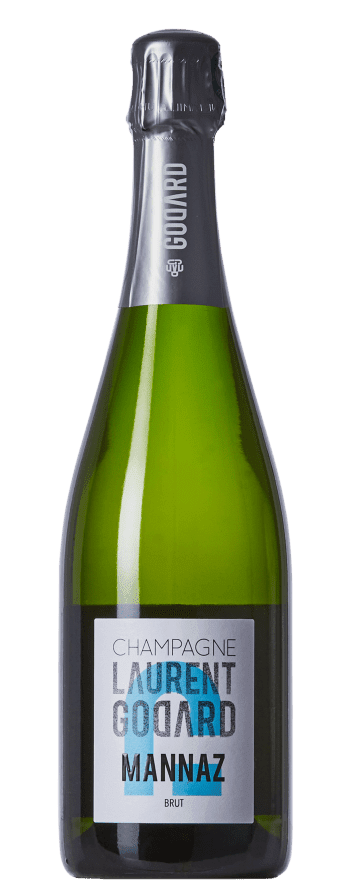

The perfect Champagne for all occasions!
Sold out!
rich, complex
Champagne
Champagne Laurent Godard Mannaz Brut NV
$49.90
$90
$299.40 / 6PK
Or 4 payments of $74.85 with our buy now pay later providers.
To learn more, click on any of the providers below.
Laurent Godard speaks of his family as a clan. His great-grandparents met by chance, fell in love and bought a small plot of land in 1920. This was planted t...
$299.40 / 6PK
Or 4 payments of $74.85 with our buy now pay later providers.
To learn more, click on any of the providers below.
Why do we love this wine?
Laurent Godard speaks of his family as a clan. His great-grandparents met by chance, fell in love and bought a small plot of land in 1920. This was planted to vines shortly thereafter with the family’s vineyard holdings expanding slightly with each subsequent generation. Laurent himself took over the vineyards in the 1980s and has been focused on producing exceptional Champagne since then.
Mannaz is an homage to his clan and serves as their house cuvée. It is a blend of 34% pinot meunier, 24% chardonnay and 20% pinot noir. About a fifth of the blend is drawn from reserve wines to keep the house style consistent every year. This is a fuller style of brut with baked apples, figs and honey on the nose. The savoury backbone lends well to pairing with earthy dishes such as mushrooms and duck.
Tasting Notes
Wine nerd stuff
It's cool, we get it, you want to know absolutely everything about this wine. Well here you go, go nuts.
Vintage
NV
Region
Champagne
Cellaring
2024
Alc. by volume
12%
Closure
Cork
Bottle volume
Standard 750ml
Blend info
34% Pinot Meunier 24% Chardonnay 20% Pinot Noir